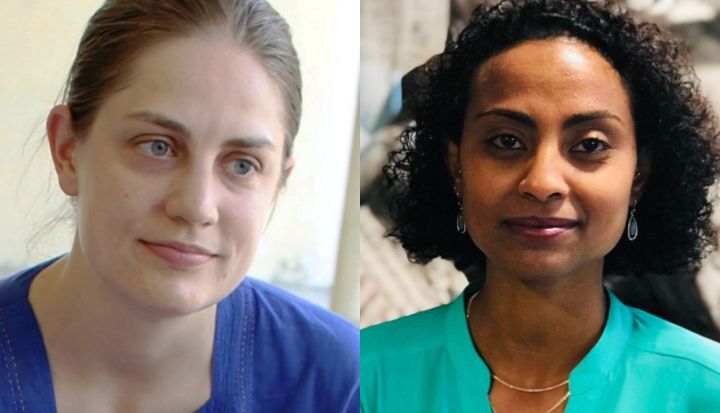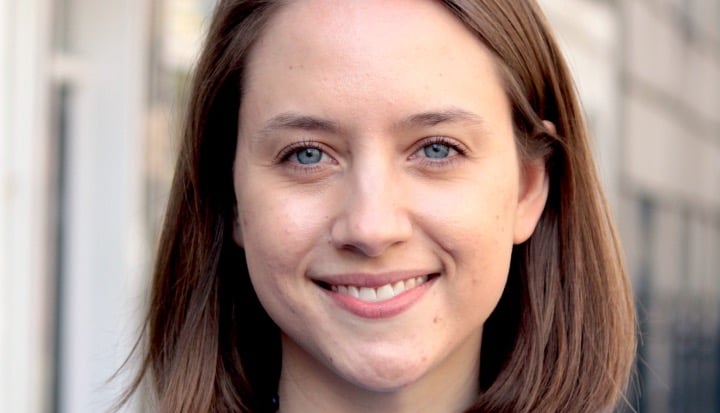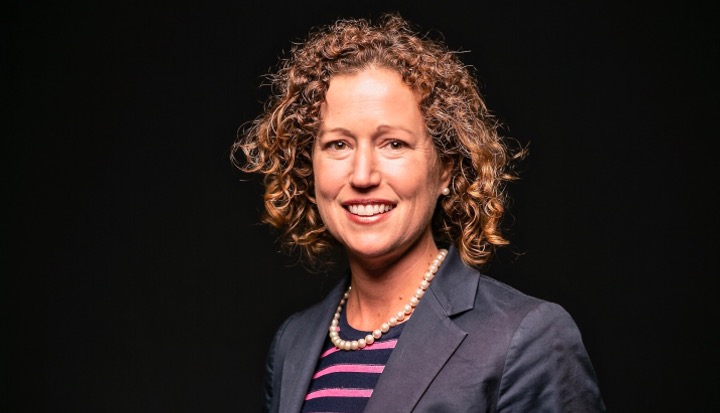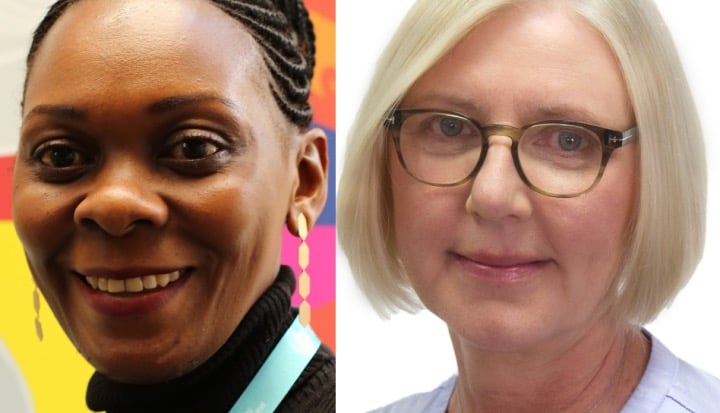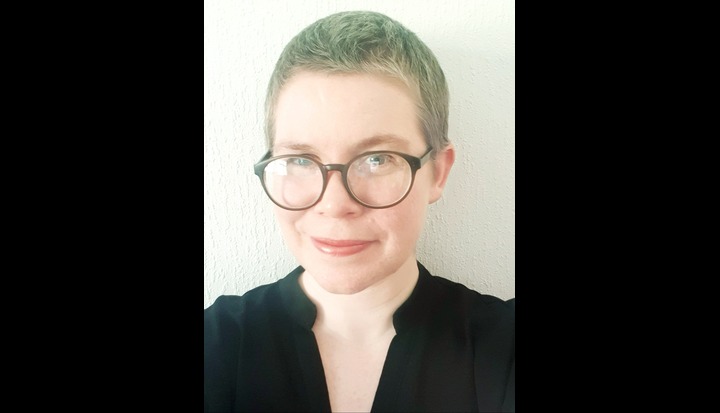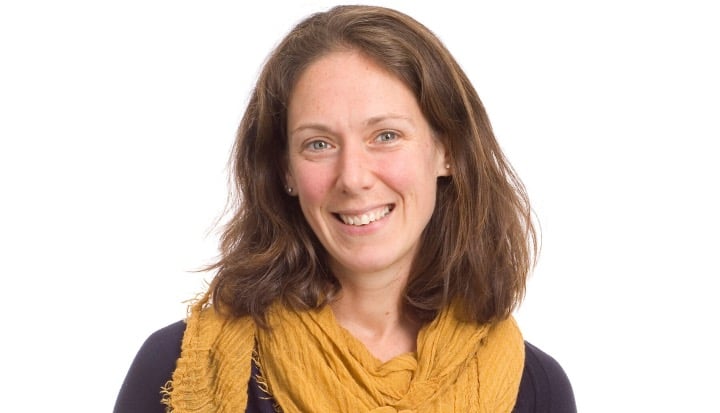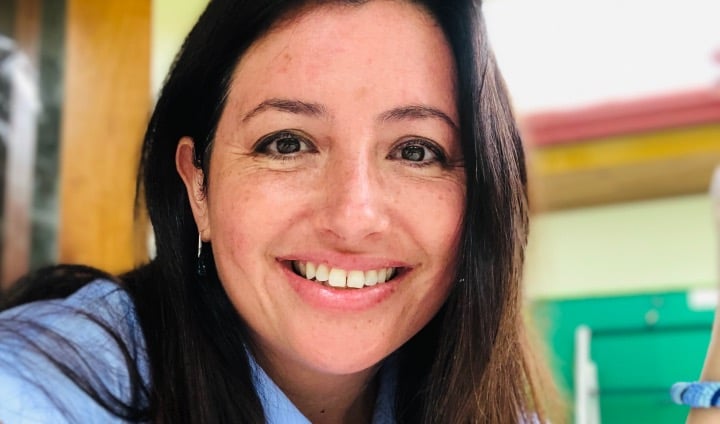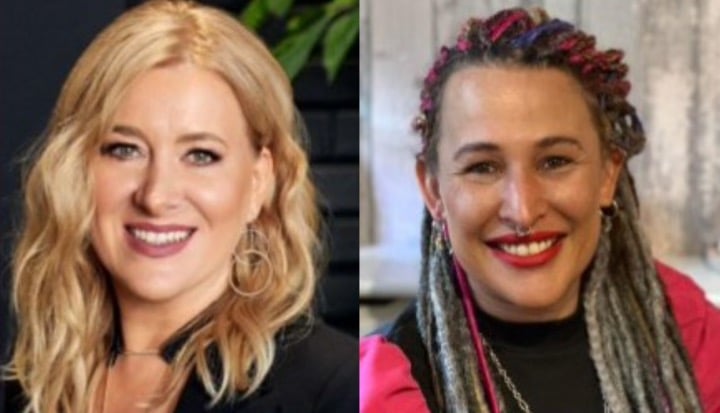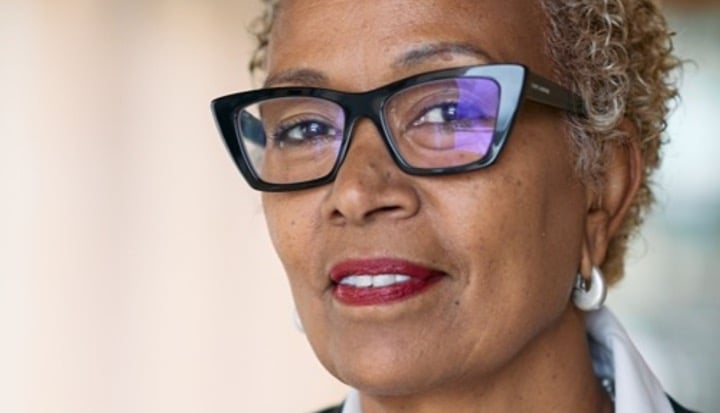 IL: I’m located between Sydney and Cambodia, writing my PhD thesis on the role of social enterprise in local and regional development in Kampong Cham Province, Cambodia.
IL: I’m located between Sydney and Cambodia, writing my PhD thesis on the role of social enterprise in local and regional development in Kampong Cham Province, Cambodia.
I coordinate the capacity building program ‘Social Enterprise and Non-profit Management’ at the Royal University of Phnom Penh, Cambodia’s oldest and largest university. I’m also the coordinator of the National Social Enterprise Conference of Cambodia which has been running since 2011.
BFP: What is the best part about your job?
IL: Engaging with Cambodian mid-career professionals who work in the development sector, to promote new ideas for innovative and sustainable solutions to poverty, social exclusion and environmental problems.
BFP: What have been your greatest challenges?
IL: Communicating across culture. Social enterprise originated as a western concept in response to western welfare problems, it is not locally understood and put into action in the ways that might be imagined if we draw from the literature on social enterprise and social entrepreneurship. Also sustaining the project beyond the initial seed funding provided by the British Council has proven challenging.
BFP: How have you overcome these challenges? / What advice, would you give to others?
IL: Challenges have been addressed by illustrating key concepts with locally understood examples and working group exercises to examine local examples and deliberate on whether these examples support a concept which has originated in a different cultural context. Field trips and study tours and stakeholder involvement in the formulation of conference activities have become an important addition to capacity building.
I have become more successful in my work as I have spent more time in Cambodia and more aware the social arrangements which impact on the role social enterprises can play in local economic development. The amount of time spent in Cambodia has also fermented strong relations with a range of agencies in the country and has made it possible to transform the social enterprise project and the national conference into a sustainable, on-going mixed resource entity capable of gaining corporate as well as donor support. My advice is that successful capacity building for social enterprise in non-western communities is built upon an in depth understanding of the local context and it might not suited to short term consultancy work. Moreover, in a different cultural context local examples are needed for the concept of social enterprise understood, it is not enough to simply translate the language.
BFP: If someone wants to do what you do, where should they start?
IL: Travel in the country where you want to work, read extensively from cultural literature, keep a journal as you go, be prepared to do a lot of work voluntarily where the insights that you need are not provided by paid employment and attach upmost importance to any opportunity to access local technical knowledge.
BFP: Finally; what do you hope to get out of being part of the BFP community?
IL: Being part of BFP gives me a broader insight into the discussion on social business. New initiatives and areas where I lack in are bought to my attention, horizons are broadened for poverty reduction, social inclusion and solutions to environmental problems and I hope to gain new contacts that can leverage resources in this direction in Cambodia. For potential collaborators who are interested in this project there is more information at: http://www.rupp.edu.kh/projects/delphe/
Editor’s Note:
Thank you to Isaac Lyne for taking the time to do this interview.
We’re always looking out for members to feature. Help us by taking two-minutes to update your profile, or by nominating someone for Business Fights Poverty Member of the Week.
Read previous Member of the Week interviews here.

